Obesity is a complex and personal experience. It is more than a simple issue of weight gain. It involves physical, emotional, and social aspects that can deeply affect one’s life. For many people, the path to better health and weight management can feel overwhelming. This is where a structured, empathetic approach, including the 5 A’s of obesity management, becomes valuable.
The 5 A’s are guidelines used by healthcare providers to support effective weight management. They focus on building trust and creating personalized approaches that meet each patient’s needs. This article will explore the 5 A’s and show how you can use them to achieve your goals with the right support system.
1. Ask
The first step is initiating a respectful and open conversation. The goal is for a healthcare provider to seek permission before discussing the patient’s weight.
For example, a provider might say, “Would you be open to talking about how your weight impacts your health?” This ensures that the patient feels fully involved in the conversation.
It is important to make this step collaborative. This way, providers show empathy and help reduce the stigma often linked with weight discussions.
This creates a safe space for patients to express concerns and share their experiences honestly.
2. Assess
The next step involves a thorough assessment of the patient’s overall health and lifestyle. This includes evaluating:
Medical History
This will help the provider understand the patient’s health profile and any weight-related health conditions they may have. Common examples are type 2 diabetes and high blood pressure.
Lifestyle Factors
This involves documenting the patient’s daily habits. This usually includes diet, physical activity, sleep, and stress levels.
Mental and Emotional Well-Being
Your provider will explore how emotional factors might influence eating patterns or weight gain. Some of these factors are anxiety or depression.
Assessment is not solely focused on the number on the scale. Instead, it involves a broader look at factors that can influence weight and health.
For patients, this step can provide clarity about the interconnected elements affecting their well-being.
3. Advise
Once the assessment is complete, the provider can offer clear, evidence-based advice. This will be tailored to the patient’s unique circumstances. It includes practical recommendations that are realistic and actionable.
For instance, a provider might advise creating a flexible diet meal plan for weight loss. They may include favorite foods in moderation, instead of simply suggesting a low-calorie diet.
They might also highlight the importance of smaller, achievable changes. Some examples are walking 15 minutes daily or drinking more water.
It is equally essential to discuss the potential health benefits of these changes. These include improved energy levels and reduced risk of chronic diseases.
It is important to focus on positive outcomes. By doing this, patients often feel more motivated to begin their obesity management plan.
4. Agree
The fourth step emphasizes collaboration between the provider and the patient to outline a customized plan. This involves setting specific, measurable, and achievable goals.
For example:
- Increasing vegetable intake to four servings per day over a month
- Walking three times per week for 20 minutes
- Tracking emotional eating triggers in a journal
The key is focusing on goals that align with the patient’s priorities, values, and capabilities.
When patients agree on a plan that feels manageable, they are more likely to engage actively in it.
5. Assist
The final step is providing the tools, resources, and ongoing support patients need to work toward their goals.
This may involve:
- Access to Resources: Providing meal templates, fitness routines, or mobile apps for tracking progress.
- Health Monitoring: Checking in regularly to track progress and adjust the plan as needed.
- Support Groups: Encouraging patients to connect with others on similar health journeys.
For many patients, this assistance can make the process feel less daunting.
It ensures they are not navigating their weight management goals alone. Instead, they have professional guidance and encouragement.
How to Find the Best Healthcare Provider for Obesity Management
Finding the right healthcare provider is a critical step in your obesity management journey. An ideal provider is someone who approaches weight management with compassion and expertise.
Here are some factors to consider:
Qualifications and Experience
Look for a provider specializing in weight management. At the Diabetes & Weight Loss Center, Dr. Adriel Perez, DNP, A-APRN, FNP-C, has extensive experience working with patients who are managing obesity.
Empathy and Communication
Providers should foster a judgment-free environment where patients feel heard and valued. Trust and communication are essential components of effective weight management programs.
Comprehensive Care
Choose a provider who offers personalized care plans, addressing both physical and emotional factors. This can ensure that a sustainable approach is taken toward improving overall health.
Accessibility and Support
Look for providers who prioritize follow-ups and offer resources to support you outside clinical visits. This could include telehealth options, support groups, or access to educational materials.
If you are ready to take the first step, you can trust the Diabetes & Weight Loss Center and Dr. Adriel Perez to guide you on your obesity management journey from the best weight loss clinic near you.
Effective Weight Management in Oviedo, FL
Obesity management is not a one-size-fits-all approach. The 5 A’s offer a structured yet flexible framework for addressing the unique challenges of every person. It is important to work closely with a provider who understands and supports you. This way, there is no limit to the progress you can achieve.
Are you looking for a personalized plan for weight management near you? If you feel ready to take charge of your health, trust the Diabetes & Weight Loss Center and Dr. Adriel Perez to help you every step of the way. Call us at (407) 890-1876 or submit an appointment request form for specialized, compassionate care tailored to your needs.
The best weight loss clinic in Oviedo looks forward to serving you!
Sources:


